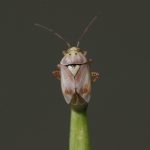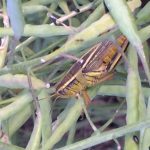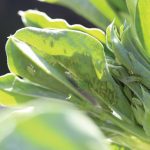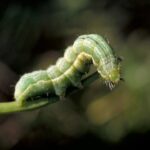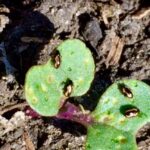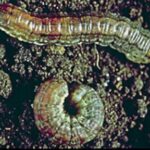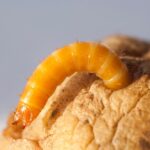Syngenta Canada no longer plans to keep its lambda-cyhalothrin insecticide products off the market in Western Canada this year — but it’s planning to have a smaller supply. The crop chem and seed company announced Friday it will have a “limited amount” of its lambda-cy-based products Matador 120EC and Voliam Xpress available in the West



